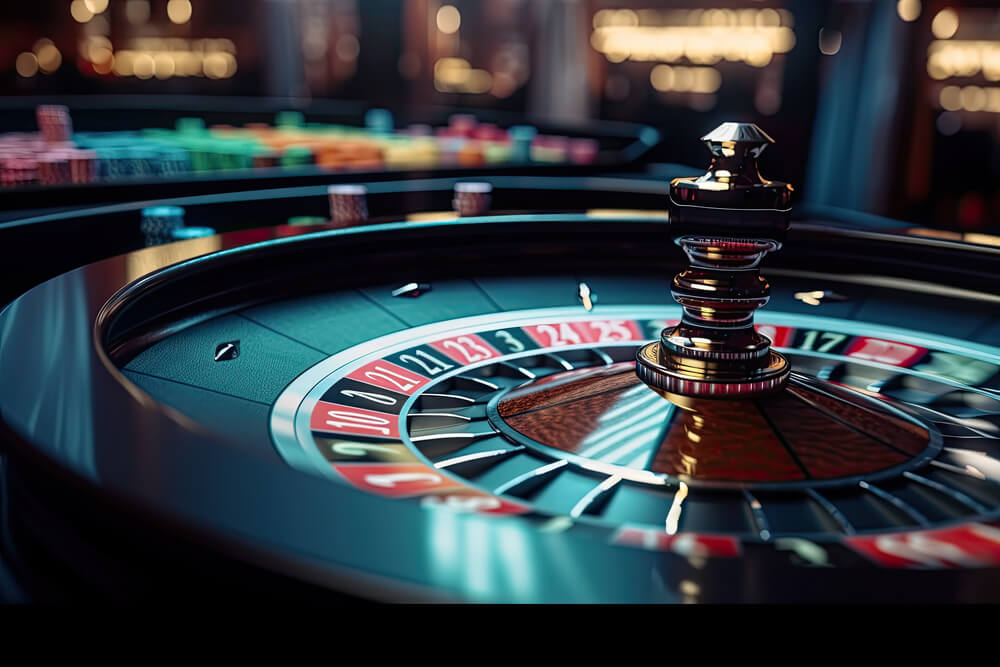
Gambling games have long been a staple in human culture, delivering not just entertainment but a captivating reflection of our dreams, dreams, and concerns. From the spinning reels of a slot machine to the skill-based strategies of poker, these games represent a spectrum of human sentiments and incidents. At their core, casino games are not just a chance to make profits; they are a reflection of life itself, where risk versus reward converge and luck can change in an eye blink.
As players assemble around tables or sit in front of glowing machines, they engage in a ritual that transcends mere gambling. These games mirror our instinctive desires for social interaction, adventure, and the search for fortune. They also reveal deeper truths about human psychology, such as our relationship with chance and the adrenaline of the unknown. In exploring casino games, we reveal not only the mechanics of play but also the intricate pattern of the human story, showcasing our woven narratives of goal and reality.
The Mind Behind Gambling
Wagering is intrinsically connected in the psyche of individuals, tapping into various feelings and desires. The excitement of risk-taking is a core aspect that attracts participants, whether it’s excitement of spinning a roulette wheel or the excitement of drawing a winning hand in a poker game. This adrenaline is frequently likened to other forms of excitement, as the uncertainty of outcomes elicits a distinct psychological response. Players often find themselves captivated by the possibility of winning big, leading to an irresistible draw toward casino games.
Another, an essential component of the psychology behind gambling is the concept of hope and ambition. Participants often nourish fantasies of financial freedom and the luxurious lifestyle that can accompany winning. This hope fuels their ongoing participation in gambling, as it provides a sense of purpose and the conviction that a transformative win could be just one wager away. The story of beating the odds and finding success resonates with many, strengthening their dedication to play and involve themselves with these games.
Lastly, social aspects play a significant role in gambling psychology. Casino environments are designed to promote social interaction, where gamblers gather to share the journey of wins and losses. This communal aspect not only enhances enjoyment but also affects behavior, as individuals often imitate the actions of others in their vicinity. The collective approval found in shared excitement can magnify the emotional experience, making casino games a mirror of not just personal desires but also collective engagement within the gambling community.
## The Dual Nature of Risk and Reward
Gambling activities embody the subtle balance between danger and gain that resonates profoundly with human nature. The thrill of placing a bet is often accompanied by a jolt of energy, as players are confronted with the prospect of winning big, yet fully aware of the possibility to lose. This bipartisan experience reflects a core aspect of life: the decisions we face often come with inherent risks, and the pursuit of reward can push us to make risky moves we might not otherwise consider. In this way, casino games reflect real-world decisions, enticing gamblers to risk not just their funds, but also their aspirations.
The allure of big prizes and winnings fuels a sense of optimism, encouraging players to dream of a more promising future that could arise from a single victorious spin of the wheel or dealing of a hand. This positive outlook can drive individuals to engage in riskier behaviors, pushing them to extend their limits in search of financial gain. However, just as in life, the outcomes of these decisions can lead to both victory and despair. The stories of both big winners and those who have lost everything at the tables demonstrate the random nature of chance and its consequential effect on our existence.
Ultimately, the experience of engaging with casino games serves as a vivid illustration of the human condition. Every session played is loaded with the tension of uncertainty, as players weigh the gains against the dangers. This interaction not only highlights the excitement that comes with gambling but also unveils the risks that come with the urge for more. As we navigate the challenges of decision-making and results in both the gambling world and in life, we find that the pursuit of risk and reward shapes our sense of self and journeys in significant manners.
Society and Loneliness in Gambling Environment
Gambling environment is a distinct blend of social engagement and personal endeavor, reflecting the dualities of individual experience. Players often come together around tables, sharing in the thrill of the action, rejoicing in wins, and commiserating over losses. This social aspect is vital, as it creates a sense of community and bonding among varied groups of individuals. Regular attendees to casinos may build friendships and establish routines, turning the casino into a second home where they experience connected to a larger community of gamblers.
However, the allure of gambling activities can also lead to isolation. As individuals become engrossed in the excitement of playing, they may withdraw from personal relationships or neglect to interact with the environment outside the casino. For some, the pursuit of a windfall can overshadow genuine connections, leading to loneliness. The experience of being among people yet feeling solitary is not uncommon, as the focus shifts from collective fun to the private concerns of each individual’s journey. F168
This interaction of society and isolation creates a rich mosaic that defines gaming atmosphere. It highlights the complexity of social interactions, where joy and despair exist together. Casinos serve as both a refuge for social interaction and a stage for individual challenges, demonstrating how deeply connected our yearning for connection and the individual quest for fortune can be. In navigating this landscape, gamblers confront their own stories—seeking both the thrill of the wager and the fellowship of fellow players, ultimately mirroring the broader spectrum of human experience.
